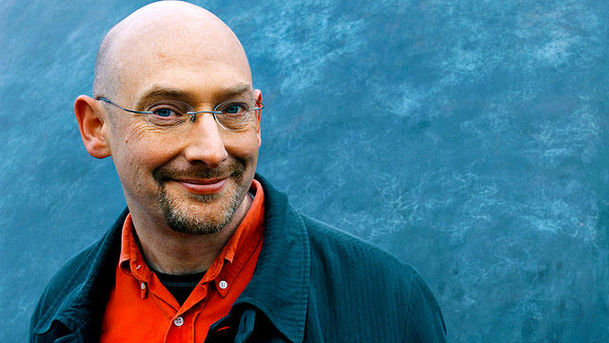Material World - 29/04/2010

Quentin Cooper and guests dissect the week's science news. This week: With oil pouring into the Gulf of Mexico following an explosion that sank the Deepwater Horizon oil rig, Professor Chuck Kennicutt of Texas A&M University outlines the threat the oil slick represents, what might be done to mitigate the effects and how the oil will eventually disperse. Can scientific development and innovation push the economic recovery forward? The authors of a new report "Big Potatoes: The London Manifesto for innovation" believe so. Launched at the Royal Society the report highlights how there is currently very little debate in society about research and development. It has become socially acceptable not to know about science, argue the authors, and this change in public and political attitude is stifling economic recovery as well as limiting future innovation and therefore the creation of new industries and jobs for the future. Quentin is joined by one of the reports co-authors Professor James Woudhuysen and the former vice-president of the Royal Society, Sir Martin Taylor. Another of our 'So You Want To Be A Scientist' finalists, John Rowlands, starts his experiment on 'noctilucent clouds'. These luminous layers of ice crystals appear high up in the atmosphere between May and August, but no one knows exactly why these mysterious clouds appear. Quentin takes John to meet his mentor, Prof Nick Mitchell from the Centre for Space, Atmospheric & Oceanic Science, who is going to try and help him find out. Interior Traces is a series of live radio plays that next week go on tour. They explore the effects of brain imaging on individual identity and society through the stories of two characters with different brain conditions. They contrast present understanding with an imagined future in which people can be told in advance that they may develop a tumour or even a violent criminal tendency. Quentin meets writer and neuroscientist Dr Louise Whiteley and Dr Daniel Glaser of the Wellcome Trust and the UCL Institute of Cognitive Neuroscience. Producer: Martin Redfern.